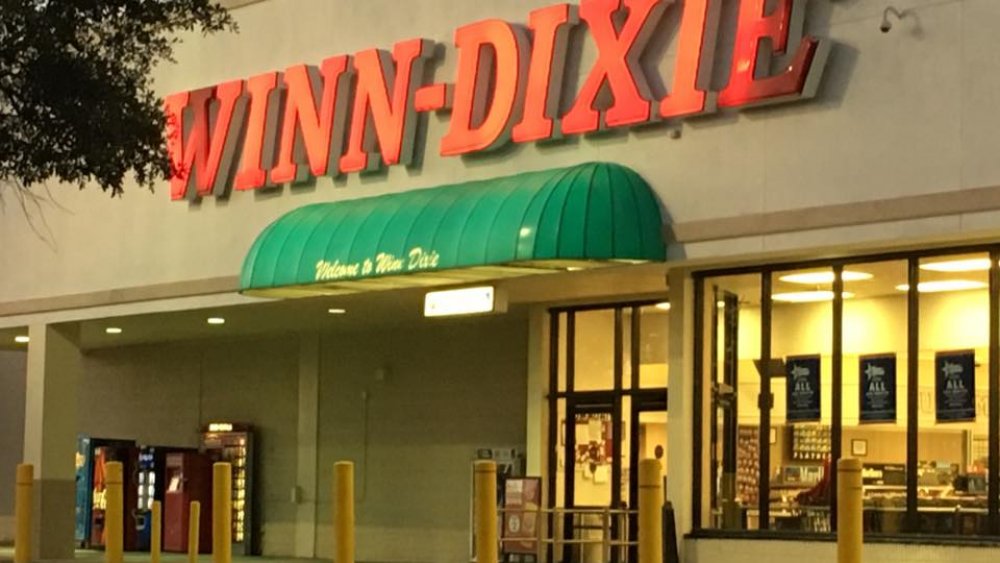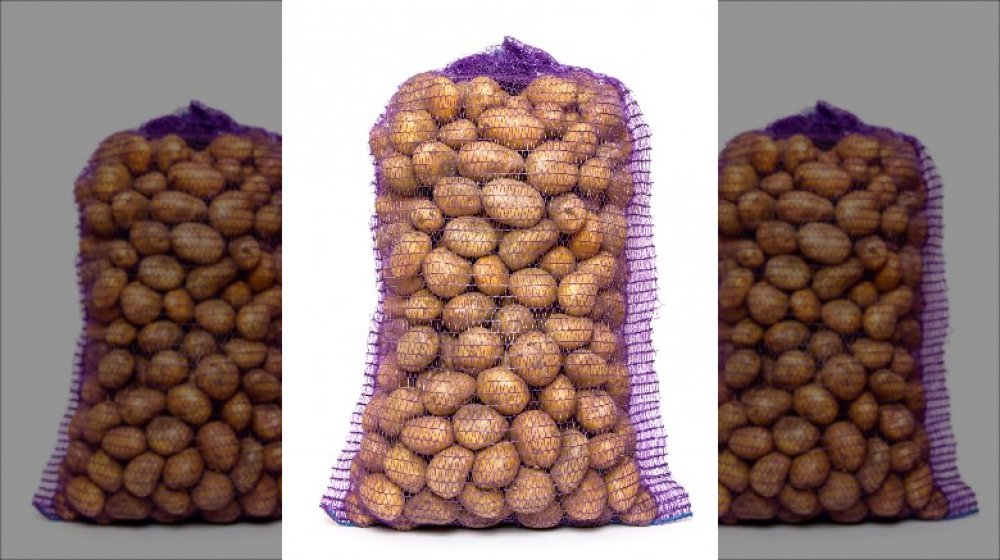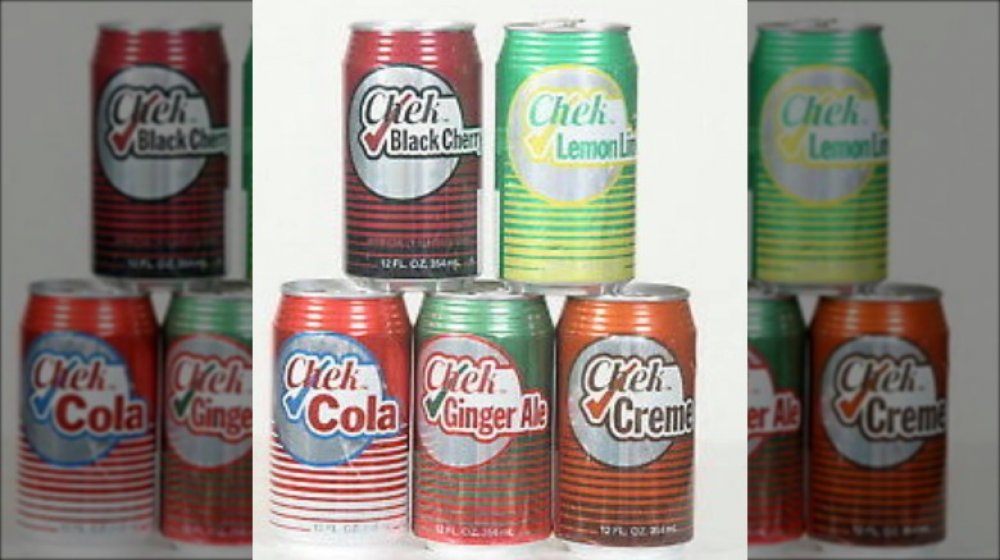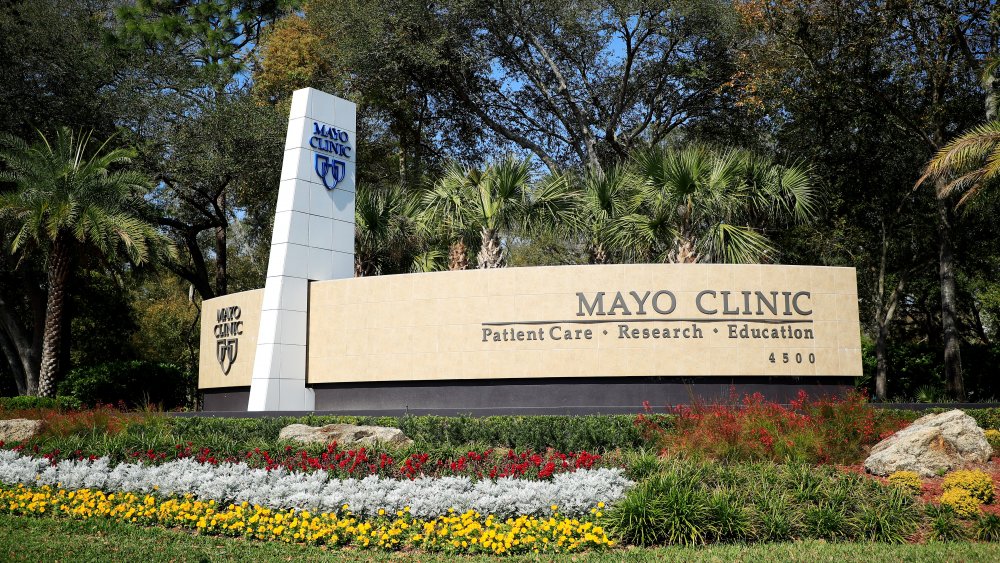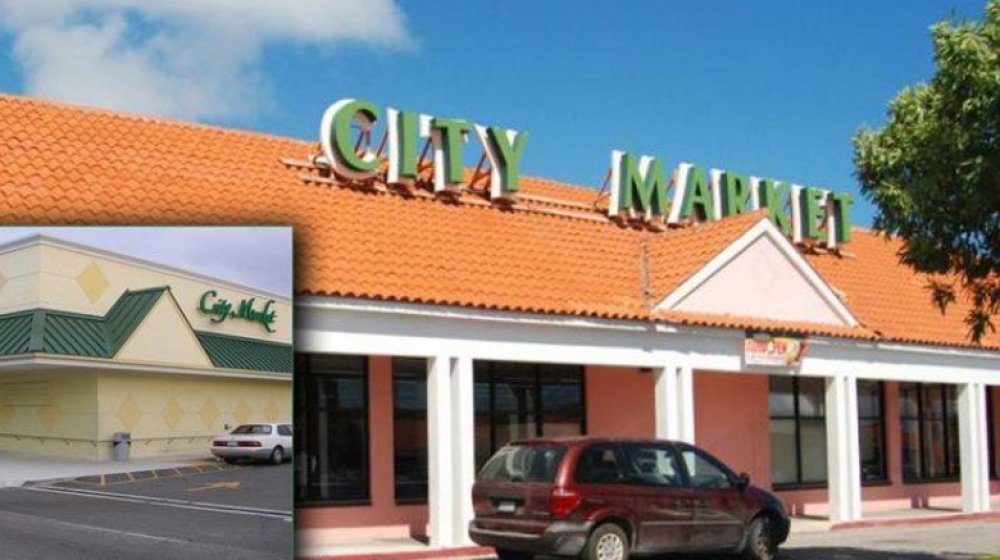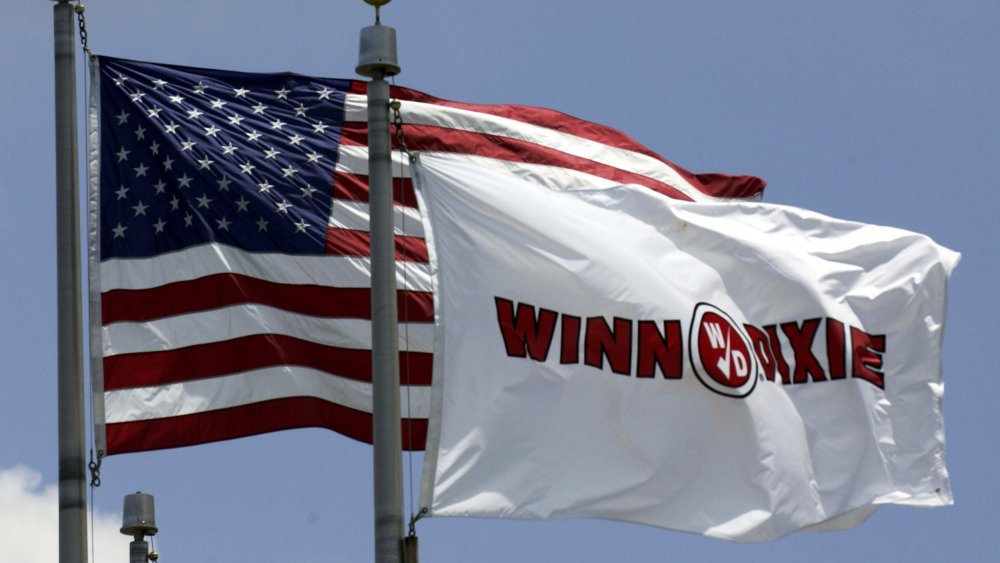The Untold Truth Of Winn-Dixie
Winn-Dixie is perhaps the most iconic of the great southern grocery store chains – after all, it's not like Fried Green Tomatoes had a scene where Kathy Bates rams a car in the parking lot of a Publix (via YouTube), nor has there been a movie called Because of Piggly Wiggly. Instead, the store that lent its name to the dog who starred in the award-winning young adult novel on which Because of Winn-Dixie (the movie that does exist) was based was a favorite of that novel's author Kate DiCamillo. This former Floridian told publisher Scholastic Books that she'd written the book because she was homesick for the Sunshine State, and undoubtedly for one of its best-loved stores.
Sadly for her, she relocated to the far frozen North (Minnesota), a territory that Winn-Dixie's unlikely ever to serve. Apart from its locations throughout Florida, Winn-Dixie's website shows that it has stores only in the Deep South states of Georgia, Alabama, Louisiana, and Mississippi.
Winn-Dixie started out up north
While Winn-Dixie may be synonymous with the South, its backstory makes pit stops all over the map. William Milton Davis, the man who founded the chain, was born in Texas, but Medium tells us he got his start in the grocery biz in Arkansas around the turn of the 20th century. In 1912 he and his brother moved to Idaho where they took over a small mercantile and grew it into a large department store. Unfortunately, they went belly-up when a recession left many farmers unable to pay off their grocery bills – the stores themselves often operated on a credit basis at that time, so they assumed all the risk when their customers failed to come up with the cash owed.
Well, you can't keep a good grocer down for long, so Davis once again relocated, this time to Miami. His new store was a success, perhaps because this time he operated on a strict cash and carry basis – no money, no groceries. He did, however, give a nod to his previous place of employment, being the first retailer to supply those famous Idaho potatoes to the Florida market.
Winn-Dixie name checks a number of its predecessors
The Florida grocery that was to evolve into Winn-Dixie didn't remain a single-store enterprise for too long. What was originally Rockmoor Grocery re-branded, with store number three, to The Table Supply Stores. In 1939 Davis' sons purchased a controlling interest in the Winn & Lovett grocery chain (father William having died in 1934), part of whose name they retain today.
By the early 50s the Davis brothers were operating 178 stores in all under the names Table Supply, Lovett's, Steiden, Piggly Wiggly (yes, these two chains were once related), Economy Wholesale Grocery, and Margaret Ann. They then launched yet another brand, one called Kwik Chek, whose name also lives on in the check that is part of Winn-Dixie's logo as well as its Chek line of store-branded soft drinks. They arrived at their final name in 1955 upon a merger with the Dixie-Home supermarkets that operated out of the Carolinas, a move -– and a name change –- that evidently thrilled the Davis brothers. As Medium recounts, their main goal was to become the preeminent southern grocery chain, and at last they felt they'd finally be able to "win the Dixie."
Winn-Dixie has a close relationship with the Mayo Clinic
When William Davis passed away, his son James Elsworth Davis took over as the company's chairman, but one with a bee in his bonnet. He felt that his father had died too soon (Medium reveals Davis Senior was just 54 years old at the time of his death), and blamed it on his having received inadequate healthcare. The Jaxson relates that his father's untimely demise spurred J.E. Davis on to a lifelong interest in healthcare, one that led nearly 50 years later to his convincing Minnesota's Mayo Clinic to open a southern branch. With the help of a $6 million corporate fundraising drive, construction on what was to become Mayo Clinic Jacksonville was soon underway, and by October of 1986, the clinic at last opened its doors.
Winn-Dixie has maintained its ties to the Mayo Clinic over the years and has helped to finance a more recent expansion of its facilities. What's more, Drugstore News reported that the grocery chain has been known to partner with the healthcare facility to offer health and wellness resources via its website as well as providing healthcare information through advertising circulars and in-store brochures.
Winn-Dixie was once an international chain
Once upon a time, Winn-Dixie did something few other US grocery stores have attempted in that they expanded their operations overseas. Well, ok, just to one other country, so it wasn't like they became a major global player along the lines of Aldi or anything. Still, they did dip their toe in the international waters in 1967 by acquiring 11 stores of the Bahamas grocery chain City Market (via Medium).
Sadly, their international era came to an end not quite 40 years later. After filing for bankruptcy in 2005, the cash-strapped chain decided to generate much-needed funds by selling off its Bahamas holdings (by then 12 in number) the following year. As then-CEO Peter Lynch explained (via Supermarket News): "Although the 12 stores in the Bahamas are profitable, they are not a core business for us. The additional liquidity generated from this sale will help Winn-Dixie support the remodeling of existing stores and development of new stores in our core U.S. markets."
Winn-Dixie is struggling to survive
Winn-Dixie has had its ups and downs over the years, and lately it seems they've had more downs than ups. While things don't look good in 2020, at its peak in 1987, the chain operated almost 1300 stores as far west as Texas and Oklahoma and as far north as Ohio and Indiana (as well as those southernmost outposts in the Bahamas). Then came the era of the superstores, and suddenly Winn-Dixie found it touch to compete with the lines of Walmart and Costco. They spent much of their revenue trying to upgrade their stores in order to keep up, all the while having to continually slash prices in order to keep customers from deserting in droves to those low, low prices offered elsewhere.
By 2005 the company was in deep trouble, and following their Chapter 11 filing, they found themselves operating only half as many stores as they had back in more successful days. In 2011 they were bought out by Southeastern Grocers, the parent company of Bi-Lo, and by 2017 were down to just 450 stores in their current five-state territory (via Medium). Still, Winn-Dixie has survived some tough times in the past, and there's no reason to think this steel magnolia of a grocery chain won't come out on top once again.
